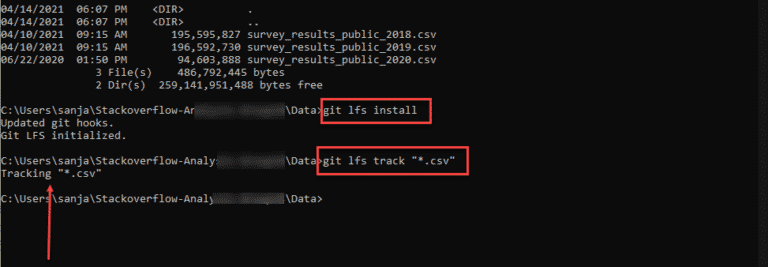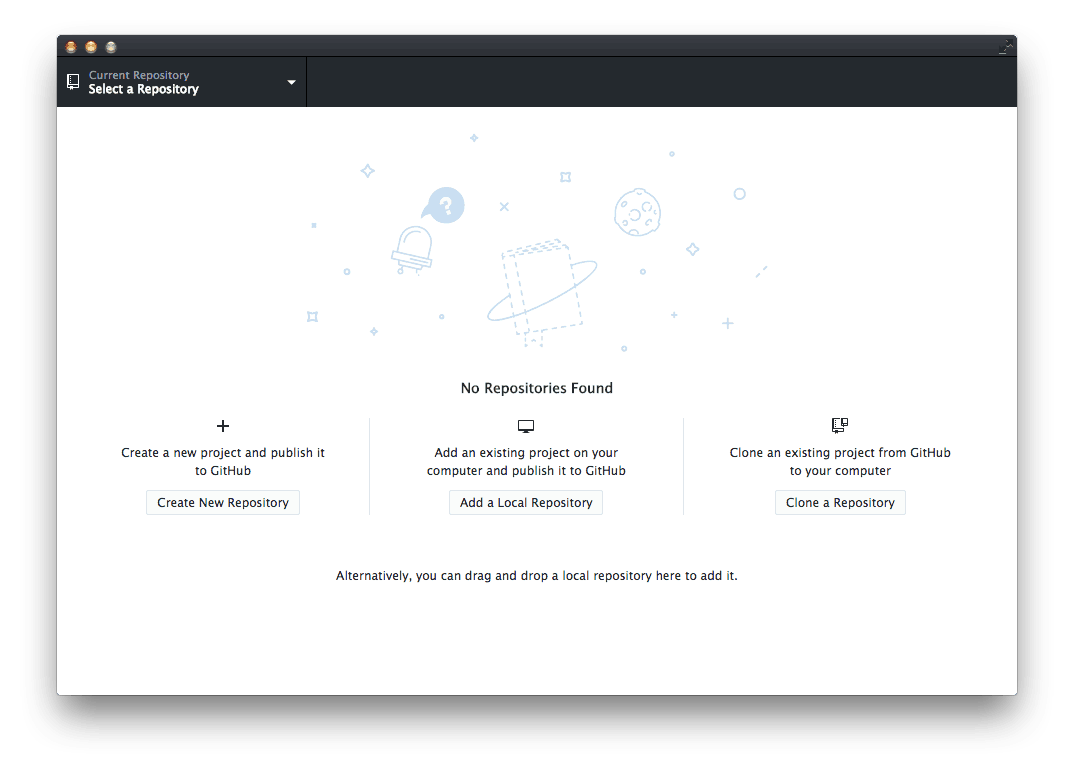
The authenticity of host ' (65.52.8.37)' can't be established. Once you accept the host's fingerprint, SSH won't prompt you again unless the fingerprint changes. SSH displays this fingerprint when it connects to an unknown host to protect you from man-in-the-middle attacks. Verify that the displayed fingerprint matches one of the fingerprints in the SSH public keys page. git clone may display the server's SSH fingerprint and ask you to verify it. For more information, see Introducing Azure DevOps, Switch existing organizations to use the new domain name URL. However, the previous format that references the format is still supported. With Azure DevOps Services, the format for the project URL is /. If not, see the section on Questions and troubleshooting. Test the connection by running the following command: ssh -T everything is working correctly, you'll receive a response that says: remote: Shell access is not supported. If your key expires, you may upload a new key or the same one to continue accessing Azure DevOps via SSH. Also note that SSH keys stored in Azure DevOps expire after one year. There are no restrictions on how many keys you can add to your user profile. You can delete the key or create a new entry for another key. Give the key a useful description (this description is displayed on the SSH public keys page for your profile) so that you can remember it later. Be sure to remove this newline if it occurs. When pasting in the key, a newline often is added at the end. This command produces the two keys needed for SSH authentication: your private key ( id_rsa ) and the public key ( id_rsa.pub ).Īvoid adding whitespace or new lines into the Key Data field, as they can cause Azure DevOps to use an invalid public key. Your public key has been saved in /c/Users/jamal/.ssh/id_rsa.pub. Your identification has been saved in /c/Users/jamal/.ssh/id_rsa. $ ssh-keygen -C public/private rsa key pair.Įnter file in which to save the key (/c/Users/jamal/.ssh/id_rsa):Įnter passphrase (empty for no passphrase): If you give a passphrase, be sure to configure the SSH agent to cache your passphrase so you don't have to enter it every time you connect. You can give a passphrase for your private key when prompted-this passphrase provides another layer of security for your private key. This command creates a 3072-bit RSA key for use with SSH. You can overwrite the keys with the following commands, or skip this step and configure your SSH keys to reuse these keys.Ĭreate your SSH keys with the ssh-keygen command from the bash prompt. If these files exist, then you already created SSH keys.

~/.ssh folder (for example, /home/jamal/.ssh or C:\Users\jamal\.ssh) and look for the following files: These commands let you create new default SSH keys, which overwrite existing default keys. It also stores the size of the final file.If you've already created SSH keys on your system, skip this step and configure your SSH keys.

It tracks the version of Git LFS you're using, followed by a unique identifier for the file ( oid).

Git LFS's pointer file looks like this: version For more information, see " Managing Git LFS objects in archives of your repository." Pointer file format
Github desktop lfs code#
You can choose whether Git LFS objects are included in source code archives, such as ZIP files and tarballs, that GitHub creates for your repository. For more information about cloning Git LFS repositories in GitHub Desktop, see " Cloning a repository from GitHub to GitHub Desktop." You can also use Git LFS with GitHub Desktop. If you exceed the limit of 5 GB, any new files added to the repository will be rejected silently by Git LFS. When you clone the repository down, GitHub uses the pointer file as a map to go and find the large file for you.ĭifferent maximum size limits for Git LFS apply depending on your GitHub plan. GitHub manages this pointer file in your repository.

To work around Git's architecture, Git LFS creates a pointer file which acts as a reference to the actual file (which is stored somewhere else). Git LFS handles large files by storing references to the file in the repository, but not the actual file itself.


 0 kommentar(er)
0 kommentar(er)
